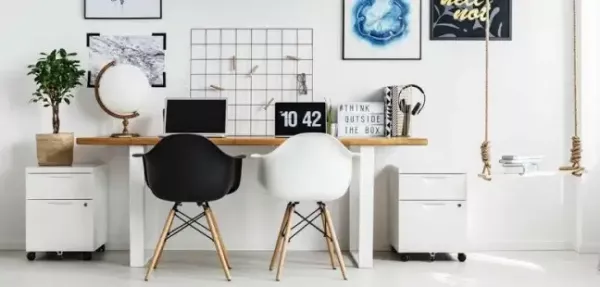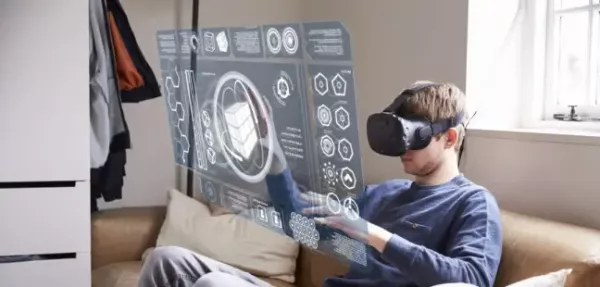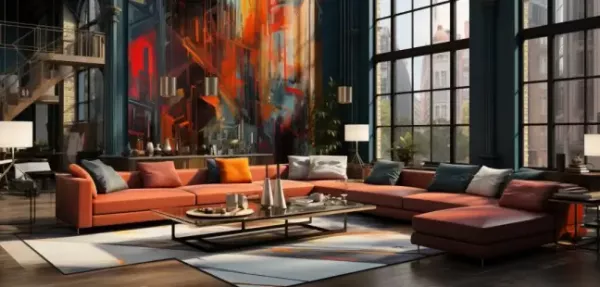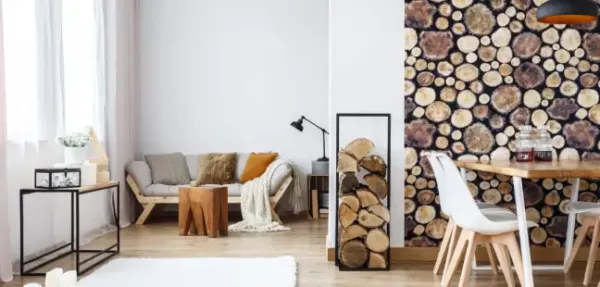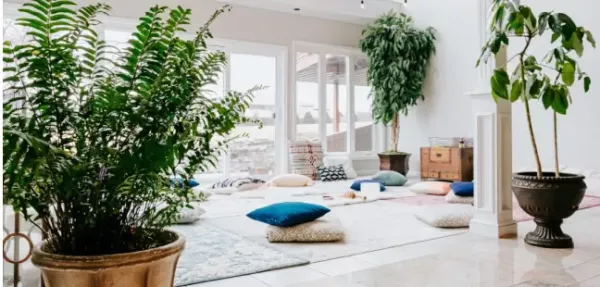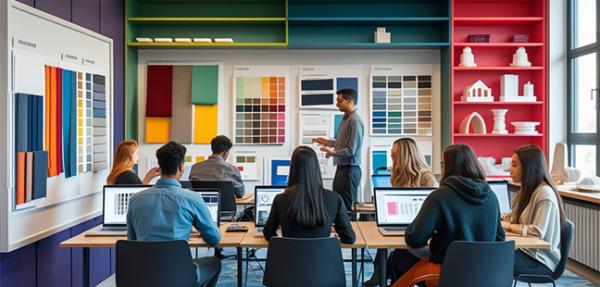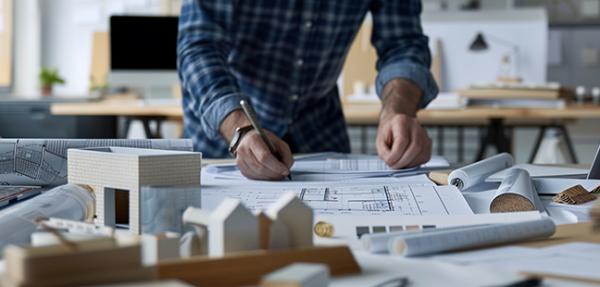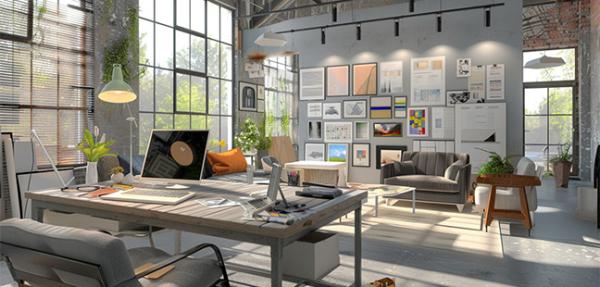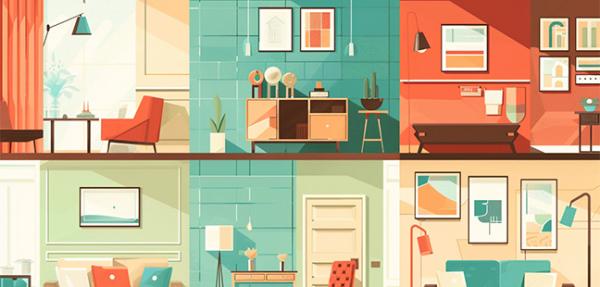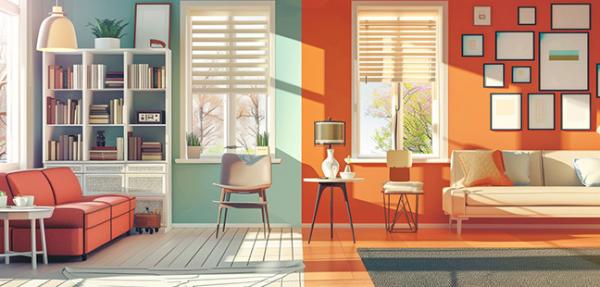Top 10 Important Skills for Interior Designer
- Pearl Academy Editorial Team
- Published 15-Jan-2025
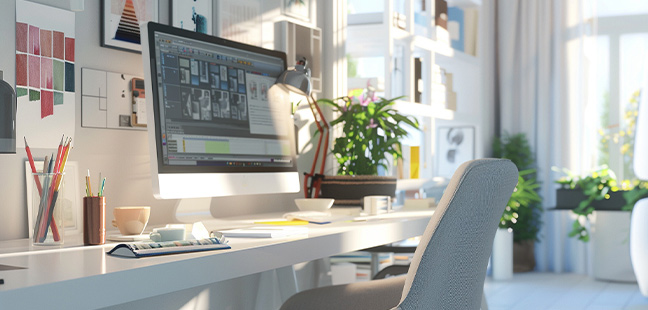
Table of Contents:
Are you passionate about transforming spaces and making them aesthetically pleasing, functional, and inviting? If so, becoming an interior designer could be your dream career. But what does it take to succeed in the highly competitive field of interior design? Let’s explore the top 10 skills every successful interior designer needs to master, and how pursuing a B.Des in Interior Architecture Design or M.Des. in Interior Design can help you hone the market-demanded skill sets.
"Design is not just what it looks like and feels like. Design is how it works." — Steve Jobs
Become future-ready with our Interiors Programs
Know MoreWhich Skills should Interior Designers Master for Success?
If you enter a house, a hotel, or any architectural space and feel mesmerized by the internal setting, the design, the color, and the showpieces, don’t forget to thank the interior designer for the aesthetically pleasing experience. Here’s a list of some skills an interior designer must possess to be capable of emulating aesthetically pleasing experiences.
1. Creative and Artistic Vision
Interior design is all about creativity. As an interior designer, you must be able to visualize the potential of a space and bring that vision to life. From choosing color schemes to selecting furniture, your creative flair will set you apart from the competition.
2. Soft skills for interior designers
Designing beautiful interiors isn’t enough—you need to communicate your ideas effectively to clients, contractors, and vendors. Whether you're pitching your concept for a living room decor or explaining the intricacies of bathroom decor ideas, strong communication ensures your vision is clearly understood.
Were you aware that out of 100% only 7% of Communication is Verbal? This makes visualization and presentation skills essential for designers!
3. Space Planning
Whether you’re working on a small apartment or a large commercial office, mastering the art of room design and space utilization is crucial. Understanding how to make the most out of every inch ensures your designs are both practical and stylish.
In programs like B.Des in Interior Design, students get hands-on experience in space optimization, ensuring they can balance aesthetics with functionality.
4. Attention to Detail
Details matter! The difference between a mediocre and a stunning design often lies in the finer points—the wall decor for living rooms, the perfect finishing on kitchen interior design, or the harmony in textures and materials. Interior designers must have an eye for details that others might overlook.
Fun Fact: Interior designers often spend over 30% of their time on details like textures, finishes, and materials!
5. Technical Proficiency
Are you wondering about the computer skills needed for interior design? The answer lies in mastering software tools like AutoCAD, SketchUp, and 3D room design programs is essential for interior designers. Clients want to see a realistic preview of their space before the design process even begins. An interior design degree equips you with the technical knowledge needed to create stunning, precise 3D models.
Statistics Alert: The demand for 3D visualization in interior design is expected to grow by 8% annually, making it one of the most valuable skills in the industry.
6. Problem-Solving Abilities
Interior design often comes with challenges, such as space limitations, budget constraints, or unexpected structural issues. That’s where an interior designer skills and qualities come in handy. A Successful designer knows how to think on their feet and come up with innovative solutions to overcome these obstacles.
Interior design programs teach students how to tackle real-world design challenges, preparing them to solve problems creatively.
7. Knowledge of Materials and Textures
Understanding the variety of materials, textures, and finishes available is crucial for interior designers. Whether it’s choosing the right fabric for bedroom decor ideas or selecting sustainable materials for office interior design, having a wide knowledge base ensures that your designs are practical and stylish.
8. Knowledge of Color Theory
David Hicks was right when he said that the best rooms speak volumes about their owners! Color can completely transform a space. Color theory plays a significant role in how rooms feel—whether it’s a living room design that feels cozy and welcoming or a kitchen decor idea that’s vibrant and energizing. Interior designers must have a deep understanding of how different colors affect mood and space perception.
9. Client Management
Interior designers must also be skilled at managing client expectations. From the initial consultation to the final walkthrough, keeping the client happy and well-informed throughout the process is critical. A good designer listens to their client’s needs and turns their vision into reality.
Did you know that 75% of interior designers find client management one of the most challenging aspects of the job?
10. Project Management
Being an interior designer means wearing multiple hats. You don’t just do the works of a designer—you’re also a project manager. You must juggle time, budget, and multiple stakeholders to ensure that everything runs smoothly. Whether it’s a small home interior design project or a large interior design company assignment, effective project management is a must-have skill.
Together, they create an interior designer adept for the world of designing!
How do I become a Successful Interior Designer?
If you're serious about becoming a successful interior designer, pursuing a B.Des in Interior Architecture Design is your gateway to mastering these essential skills. Programs like the one offered at Pearl Academy provide a comprehensive blend of theoretical knowledge and hands-on experience, ensuring you're ready to thrive in the industry.
- Hands-on learning: Gain practical experience with genuine projects.
- Exposure to the latest tools: Learn industry-standard design software.
- Networking opportunities: Connect with industry professionals to gain the essential mentorship and exposure.
Take Your Knowledge to the Next Step with M.Des in Interior Design
The curriculum ensures that graduates have a solid foundation in design principles, spatial strategies, materials, and design software, all of which are essential for students to be successful in the field. Their instruction includes principles, procedures, and practical application in equal measure. The course, which is open to graduates of any stream, is intended to teach them advanced ideas such as technological exploration, creativity, and teamwork, along with design training in the spatial environment.
What is interesting about Interior design?
- The global interior design market is estimated to grow to $255 billion by 2027.
- 80% of millennials prioritize interior design in their homes, focusing on sustainable and eco-friendly solutions.
- The demand for home interior design services has increased by 65% in the past 5 years, with more homeowners turning to professionals for help.

Student Guidance Center: Our Counselors are Just a Click Away.
Final Thoughts
Make sure to be an eclectic mix of creativity, technical skills, and business acumen to ace your way to becoming a successful interior designer. Whether you’re dreaming of creating stunning bedroom wall decor or managing large-scale office interior design projects, mastering these 10 essential skills will set you on the path to success.
Want to take the next step? Apply now for B.Des in Interior Architecture Design/M.Des in Interior Design to start your journey in the world of interior design today!
Pearl Academy Editorial Team
Tags
- #Interiors
Pearl Admission Enquiry
Subscribe to Pearl Blogs
By clicking the "Subscribe" button, I agree and accept the privacy policy of Pearl Academy.









